When fellow foreigners in Italy first began asking us whether they’d be able to get vaccinated against Covid-19, it used to be easy to reassure them.
Of course, we’d reply to the anxious emails: Italy says everyone who wants a vaccine should get one, wherever they’re from and whatever their immigration status.
The Italian government hasn’t gone back on that commendable principle, the same one that makes all essential healthcare available to everyone in Italy.
But four months into the country’s vaccination programme, as more and more people become eligible – in theory – for a shot, international residents are discovering that having the right to care doesn’t always translate into getting it.
TELL US: Have you had problems getting the Covid-19 vaccine in Italy?
Now the question we receive from readers isn’t whether they can get vaccinated, but how.
Many people hit a hurdle as soon as they go to book a jab: the websites that regional health services are using to manage appointments almost always ask for the number of a valid Italian health card, or tessera sanitaria, that shows you’re enrolled in the public health system. Even upon calling the booking helpline, we’ve heard from people who reach an automated message or are simply told no: no tessera sanitaria, no vaccine.
There are plenty of reasons why someone might not be able to produce a health card, not least the difficulty of obtaining documents in a year-long pandemic and a country where most administrative matters require at least one trip to an office.
But foreign residents are more likely to have trouble getting one. Italian nationals (and their immediate family members) are entitled to enrol in the national health service for free whatever their circumstances, while foreign nationals have to meet certain conditions or pay an annual fee somewhere between €400 and €3,000 – if they’re allowed to sign up at all.
READ ALSO: Who can register for national healthcare in Italy?
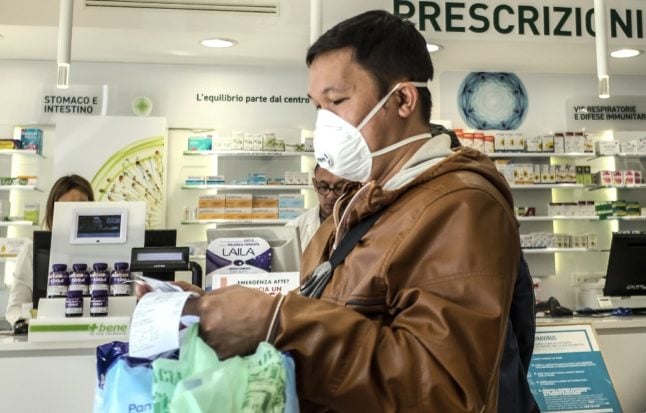
In many cases foreigners’ access to healthcare depends on where they live: since Italy’s national health service is in fact made up of 20 regional ones, all largely independent, you can be charged a different amount to enrol from region to region, while some say you’re not eligible if you have private insurance (Veneto) or do not allow other EU nationals to pay to opt in at all (Umbria).
For UK nationals, there’s the added confusion of a new immigration status and new documentation that has barely begun to be issued.
In fact, EU and non-EU residents alike who aren’t working or studying here – notably retirees in the age groups who should be getting vaccinated first – will have encountered a healthcare Catch-22 as soon as they arrived: to register as a legal resident, Italy requires foreign nationals to show they have access to healthcare. Yet to enrol for access to healthcare, you have to be a registered resident.
The solution that many people settle on is to take out a private insurance policy that will satisfy the bureaucrats at the local registry office. But that doesn’t do you much good when a pandemic hits and vaccines are only available via the public health system.
It’s understandable, even admirable, that Italy insists on keeping Covid-19 vaccines a public service rather than a private one. It’s just as understandable that vaccinating some 53 million adults comes with immense logistical challenges. It’s not like the programme is going smoothly even for people with all the paperwork, after all.
READ ALSO:
- Why is Italy’s coronavirus vaccine plan missing its targets?
- How fast is Italy vaccinating its population compared to other European countries?
The barriers that people without a health card are running into are almost certainly a simple oversight. One of the most striking emails The Local received about this matter was an exasperated message forwarded from a health service employee in Umbria: writing to a colleague on behalf of an international resident, he pointed out that his office had had several inquiries from foreigners who, despite living in Italy legally, find themselves unable to register with the Italian health service.
“I hope that the Region will soon give indications… They need to be included on the Covid vaccination lists and obviously not being registered with the national health service they will probably never be able to book,” he wrote. (Umbria is understood to be reviewing its policy on opting in to the health service; residents are advised to keep contacting their local health authority to express their interest.)
But even sympathetic officials are hamstrung by a rigid administrative process. The staff in charge of assigning appointments have to cross the Ts and dot the Is – and rightly so, given the outcry over i furbetti del vaccino, the ‘vaccine cheats’ who wangle their way to the front of the line.
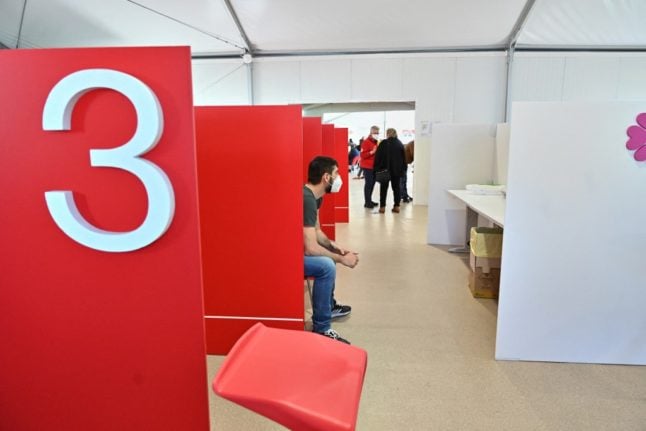
Yet foreign residents aren’t trying to skip the queue. The people we’ve heard from are eligible for vaccination by age, and they’re not asking for anything that Italy hasn’t already promised: “all people will be vaccinated who are present on the Italian territory”, as the Italian medicines agency AIFA’s guidelines state.
Some official instructions from AIFA or other government bodies would go a long way. The British Embassy told The Local in March that further information on the process of booking a shot without a health card “is due to be made available”; to date, we’re still waiting.
It turns out that whether foreigners can get vaccinated in Italy and how they can get vaccinated are in fact the same question, and if the answer to the second is ‘we don’t know’, then the answer to the first is effectively ‘no’, or at least ‘not yet’.
READ ALSO:
- IN CHARTS: Who is Italy vaccinating fastest?
- The essential Italian vocab for getting tested or vaccinated for Covid-19
- Where to register for a Covid-19 vaccine in your region of Italy
And that outcome is worse for everyone. Researchers at the Italian National Institute of Health studied the differences between Covid-19 cases in Italians and foreign nationals in Italy in the first five months of the pandemic: they found that, compared to Italian cases, non-Italian cases were diagnosed later, were more likely to result in admission to hospital and intensive care, and in cases involving people from countries low on the Human Development Index, had a higher risk of death.
The study, published in the European Journal of Public Health, highlighted “informal barriers” such as language, bureaucracy, or legal, cultural and social factors, as well as economic pressures to keep working, as some of the possible reasons why foreigners don’t always seek or receive healthcare as soon as they need it. Delaying a diagnosis increases the chances that the disease worsens and gives it more opportunities to spread.
“Removing healthcare access barriers and reinforcing communication are, therefore, essential to control SARS-CoV-2 transmission, preserve health services and improve the health outcomes of all people living in the same country, regardless of nationality,” the researchers wrote.
Italy must apply to Covid-19 vaccinations the lesson it has learned from Covid-19 tests: the more people who can get one, and easily, the safer we all are.
Find information about how to register for vaccination in your region of Italy here.

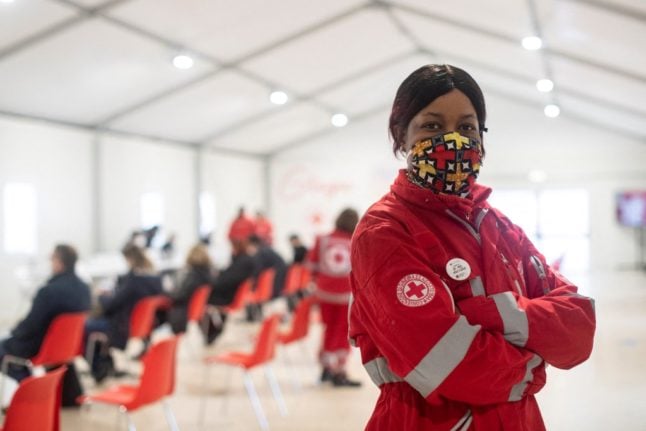
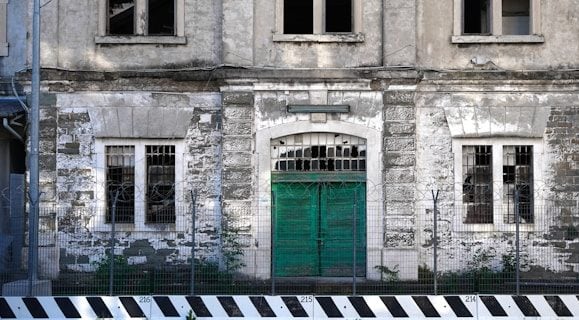
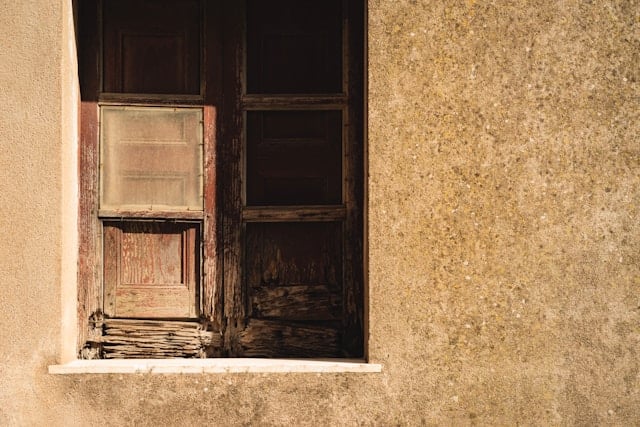
 Please whitelist us to continue reading.
Please whitelist us to continue reading.
Thank you for putting this into words. It is incredibly frustrating that we are within a week of being eligible and are prevented from booking. We are legal foreign residents, 2 years now, and we bought private health insurance the first year because of the catch-22 you mentioned for gaining residency. There was NO good reason to enroll in the SSN, and it is not against any rules for us to NOT enroll in the SSN. We’re comfortable with private insurance and the thinking was that it would actually help us when we travel back to the USA to visit family (emergency coverage in the most expensive country in the world for healthcare). We love that the Italians have the intent of vaccinating everyone, but it’s just such an awful, ridiculous obstacle to throw in the path to vaccination. Is there any good argument for it, from their perspective? Is it just to be able to track everyone who’s getting it?
We’re in the same boat, have been residents since 2017. We have all the required docs (even new driving licences!) yet, alas, not the elusive tessera sanataria. Thanks to our health insurance, we weren’t fussed until the tessera suddenly became a pre-requisite for booking a jab.
But judging by Andrew’s experience above, not even that is guaranteed! Thinking of flying to either Dubai or Belgrade, choosing whichever vaccine we want, pay-up, get the certificate and move on. So much for “sanitá per tutti”.
We’re still hoping things change here as Italy is about 6 weeks behind the US maybe there’s still hope for us? I’m also planning to contact my private insurance and ask them to help us. It seems it would be in their best financial interest to make sure their clients are vaccinated. Surely, that’s more cost effective than hospitalization. I contacted them a few months ago and they had no information but maybe now they’re more informed. Frustrating…
Kenda, I’d love to know if you make any progress. Thanks for writing, everyone, and for this continued reporting, Jessica Phelan. Is there anything we can do as a group that would make us more effective?
I will! Don’t give up. I’m now writing to someone different every day – finding email addresses online. Good question about doing something as a group.
Actually, despite having both a tessera sanitaria and a codice fiscale … the online system won’t let me book a jab. It states there’s something wrong with my application…! Sigh! It looks like emails and/or phone calls for me…
It’s not only the jab. Even testing gets difficult in some places without the tessera…
So frustrating…. having been assured that I would be eligible for a jab without a tessera sanataria it is clearly a no–go. I have private medical cover, but the answer was to signup for a tessera sanataria as well, being assured that as soon as I got the paperwork that I would be able book a jab. Not so. I now have the paperwork, but the paperwork does not provide the necessary tessera sanataria number – for that I must wait for the actual card to arrive in the post; days waiting have now turned into weeks.
I am a resident in Molise. I am a Italian national and did my military service. I pay taxes on my properties but I have a private health insurance and do not possess an Italian health card. I have been told when I called the regional health authorities that no card no vaccine.
I could become a walking COVID time bomb.
There seems to be no solution until the vaccine is made available to buy.
Kenda, and anyone else interested — would you contact me at [email protected]? I’m writing to someone different everyday too, and have been doing so for the last month. Have also traipsed to several ASL offices. Have talked to a lawyer. Maybe we can consolidate our efforts and represent ourselves as a group. Thanks. Karen Bermann